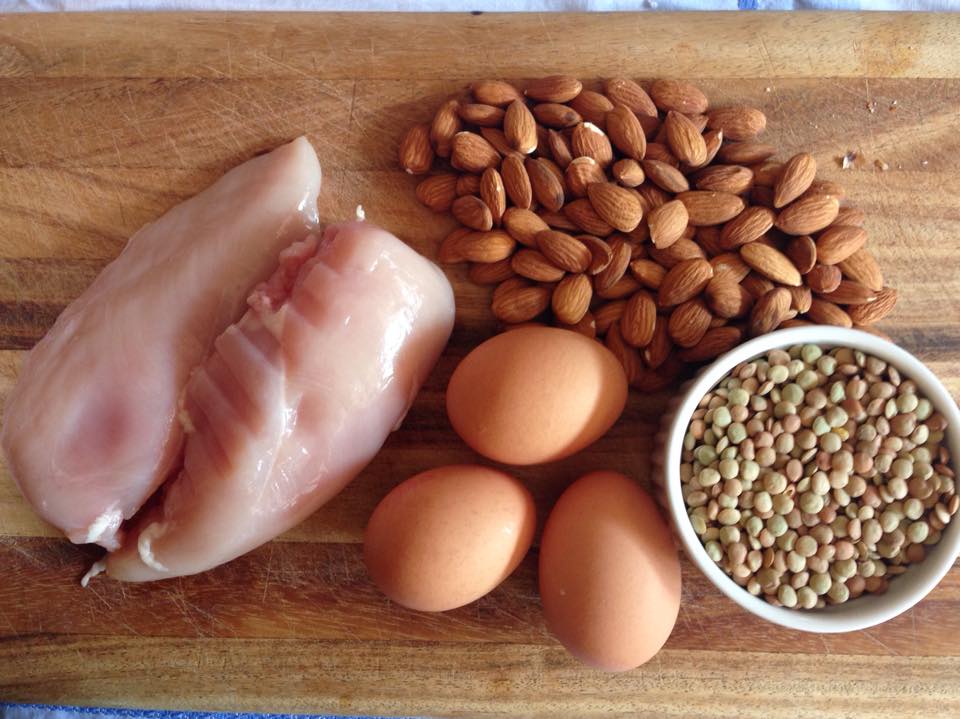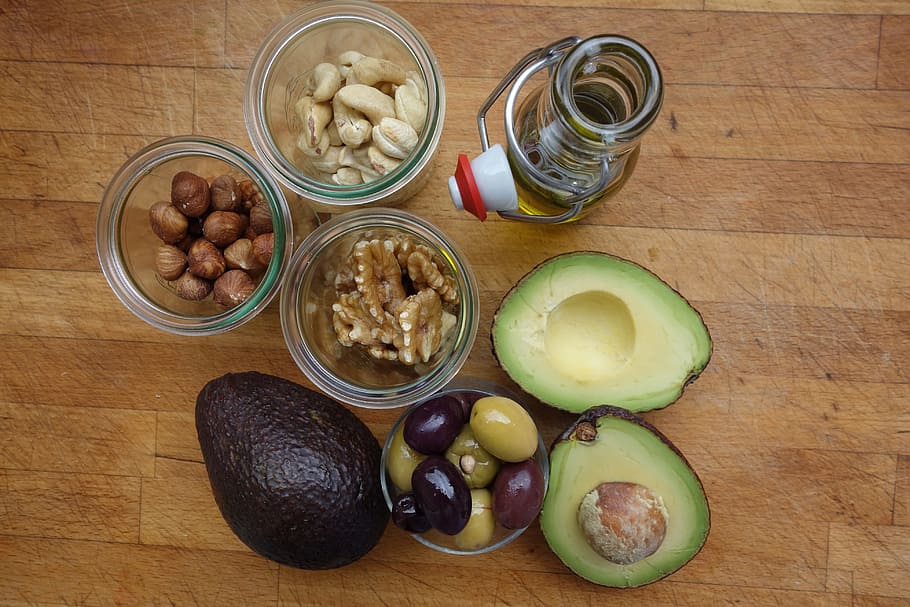Pregnancy is a crucial time for both the mother and the developing baby. Eating a healthy, balanced diet during pregnancy is important for the mother's health and the baby's growth and development.

In this article, we'll discuss 10 healthy diets that you should follow during pregnancy, with guidance from a nutritionist for pregnancy.
1. Protein-rich foods:

Protein is essential for the growth and development of the baby during pregnancy. Good sources of protein include lean meats, poultry, fish, eggs, beans, lentils, and tofu. Eating a variety of protein-rich foods can help ensure that you are getting all of the essential amino acids needed for fetal growth and development.
2. Calcium-rich foods:

Calcium is important for the development of strong bones and teeth for both the mother and the baby. Good sources of calcium include milk, cheese, yogurt, leafy green vegetables, and fortified cereals. Consuming calcium-rich foods during pregnancy can also help prevent bone loss in the mother.
3. Iron-rich foods:

Iron is important for producing
hemoglobin, which carries oxygen in the blood. Good sources of iron include red
meat, poultry, fish, beans, and fortified cereals. Pregnant women need more
iron than non-pregnant women to support the baby's growth and development.
4. Fruits and vegetables:

Iron is important for
producing hemoglobin, which carries oxygen in the blood. Good sources of iron
include red meat, poultry, fish, beans, and fortified cereals. Pregnant women
need more iron than non-pregnant women to support the baby's growth and
development.
5. Whole grains:

Whole grains provide energy and are
a good source of fiber. Good sources of whole grains include whole wheat bread,
brown rice, and whole grain pasta. Eating whole grains during pregnancy can
also help prevent constipation.
6. Healthy fats:

Healthy fats, such as those found in
nuts, seeds, and avocados, are important for brain development and growth.
Consuming healthy fats during pregnancy can also help lower the risk of preterm
birth and low birth weight.
7. Water:

Drinking plenty of water is important
during pregnancy to prevent dehydration and constipation. Pregnant women should
aim to drink at least 8-10 glasses of water per day.
8. Vitamin D:
Vitamin D is essential for calcium absorption and bone growth. Good sources of vitamin D include fatty fish, egg yolks, and fortified foods. Pregnant women who are at risk for vitamin D deficiency may need to take a supplement.
9. Folate:
Folate is important for preventing birth
defects. Good sources of folate include leafy green vegetables, beans, and
fortified cereals.
10. Limit processed foods:

Processed foods are often
high in salt, sugar, and unhealthy fats. Aim to limit your intake of processed
foods during pregnancy.
A nutritionist
for pregnancy can help you develop a healthy meal plan that meets your
specific nutritional needs during pregnancy. They can also provide guidance on
appropriate portion sizes and help you understand the importance of good
nutrition during this crucial time.
Conclusion
Following a healthy, balanced diet during pregnancy is crucial for both the mother and the baby's health and well-being. Eating a variety of protein-rich foods, calcium-rich foods, iron-rich foods, fruits and vegetables, whole grains, healthy fats, and staying hydrated is key. Consulting a nutritionist for pregnancy can help you develop a healthy meal plan and ensure that you are getting all of the nutrients you need to support a healthy pregnancy.
Post a Comment
Post a Comment